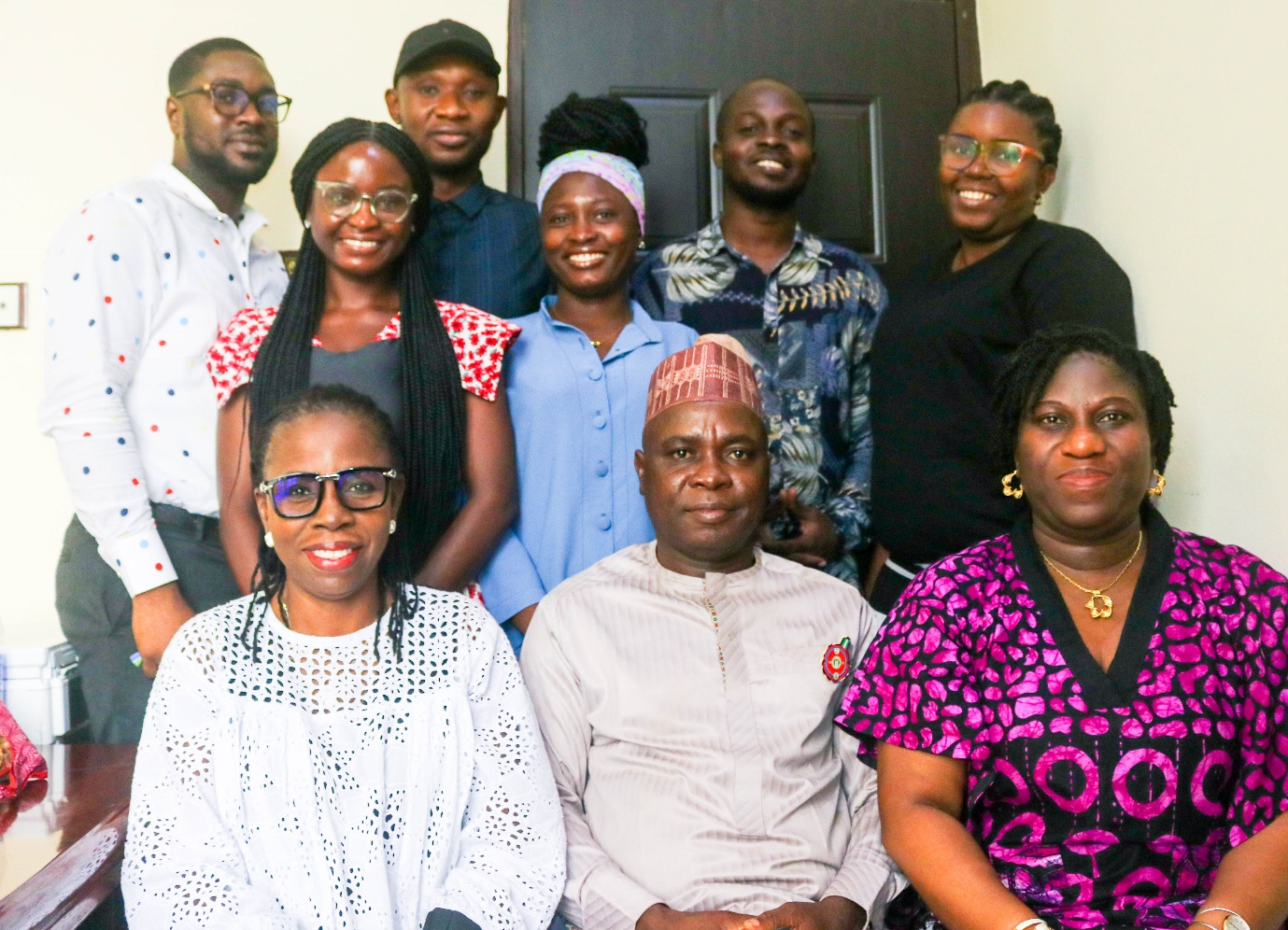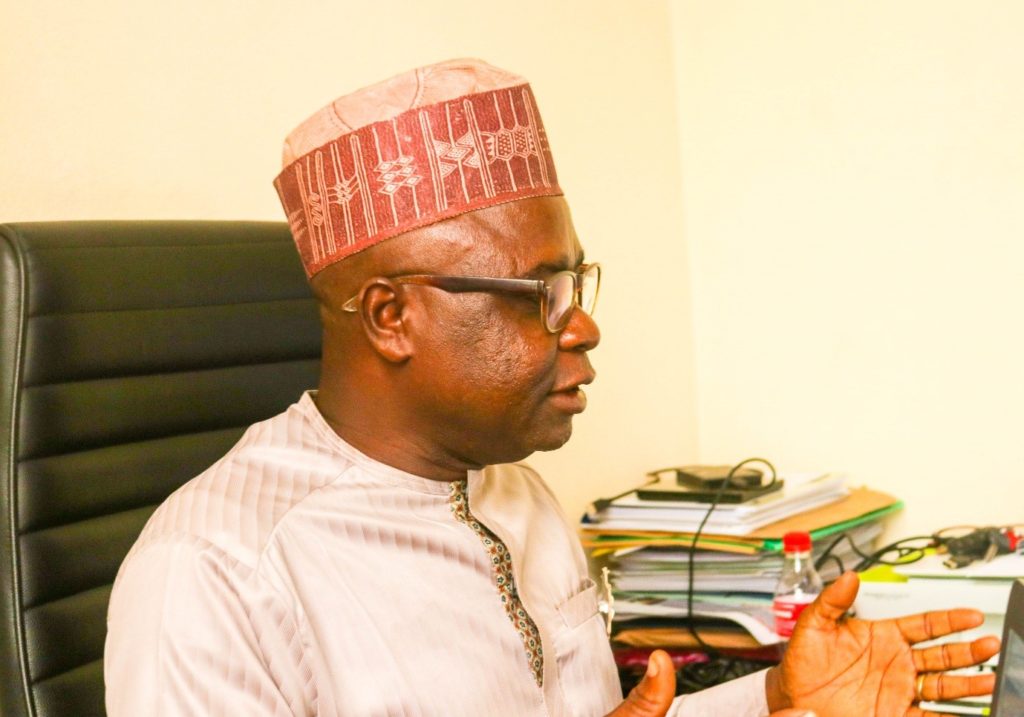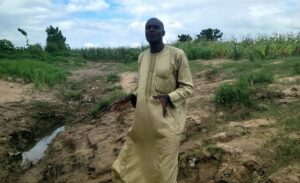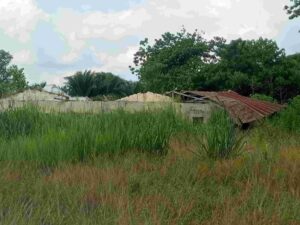Lawrence Iduh, Publisher, National Record, has appealed to the Wole Soyinka Centre for Investigative Journalism (WSCIJ) to assist and support media organisations in Nigeria, particularly those operating within the framework of the Collaborative Media Engagement for Development, Inclusivity, and Accountability (CMEDIA) as the cost of doing journalism increases. According to Iduh, this would help start-ups achieve stability and facilitate their growth. He said this during WSCIJ’s delegation visit to his organisation to receive updates on the latter’s project activities, success, impacts and challenges on the CMEDIA project on Thursday 3 August 2023.
Iduh praised the initiative behind the visit. He said the CMEDIA project funded by the MacArthur Foundation has not only aided their financial independence but also helped their documentation and accountability as an organisation. Recounting some of National Record’s activities under the CMEDIA project, Iduh said it organised a two-day training for investigative journalists in 2022 and a follow-up training in early 2023 focused on the investigation and tracking of activities of labour unions and governance at the subnational level to promote transparency and accountability. It has published eight stories in education, agriculture, mining, labour issues, and humanitarian crisis in the North Central zone of Nigeria.
CMEDIA Technical Adviser, Abigail Ogwezzy-Ndisika, advised National Record to prioritise the attention span of the readers and Persons with Disability (PWDs) by deploying videos, cartoons, multimedia, and audiovisual materials in storytelling. She emphasised that partners should implement a carefully structured media strategy to drive change. While expressing satisfaction with the positive outcomes of stories produced in the first year, the mass communication professor at the University of Lagos highlighted the opportunities to improve.

Back row (L-R): Ehikioya Ataman, Monitoring and Evaluation Assistant; Theresa Abah, Programme Officer, National Record; Onyocho Barth, Account Officer, National Record; Abah Veronica, Intern Reporter, National Record; Omole Ibukun, Reporter, National Record and Emem Nssien, Finance Officer, CMEDIA project.
Acknowledging National Record’s efforts in telling local stories, Motunrayo Alaka, ED/CEO, WSCIJ, said the organisation should get more journalists who are based in affected communities will be able to write more nuanced stories about the state and local government that can drive change because they live in the communities. According to her, there is a need to develop local journalists and networks to tell subnational stories instead of the situation where most journalists that cover local news are based in other big cities. Alaka said this would reduce the cost of doing journalism as local journalism will be more sustainable with local resources. She pleaded for community-driven collaboration, distribution, deployment of technology used in the community and story amplification to encourage grassroots ownership of reported issues.



